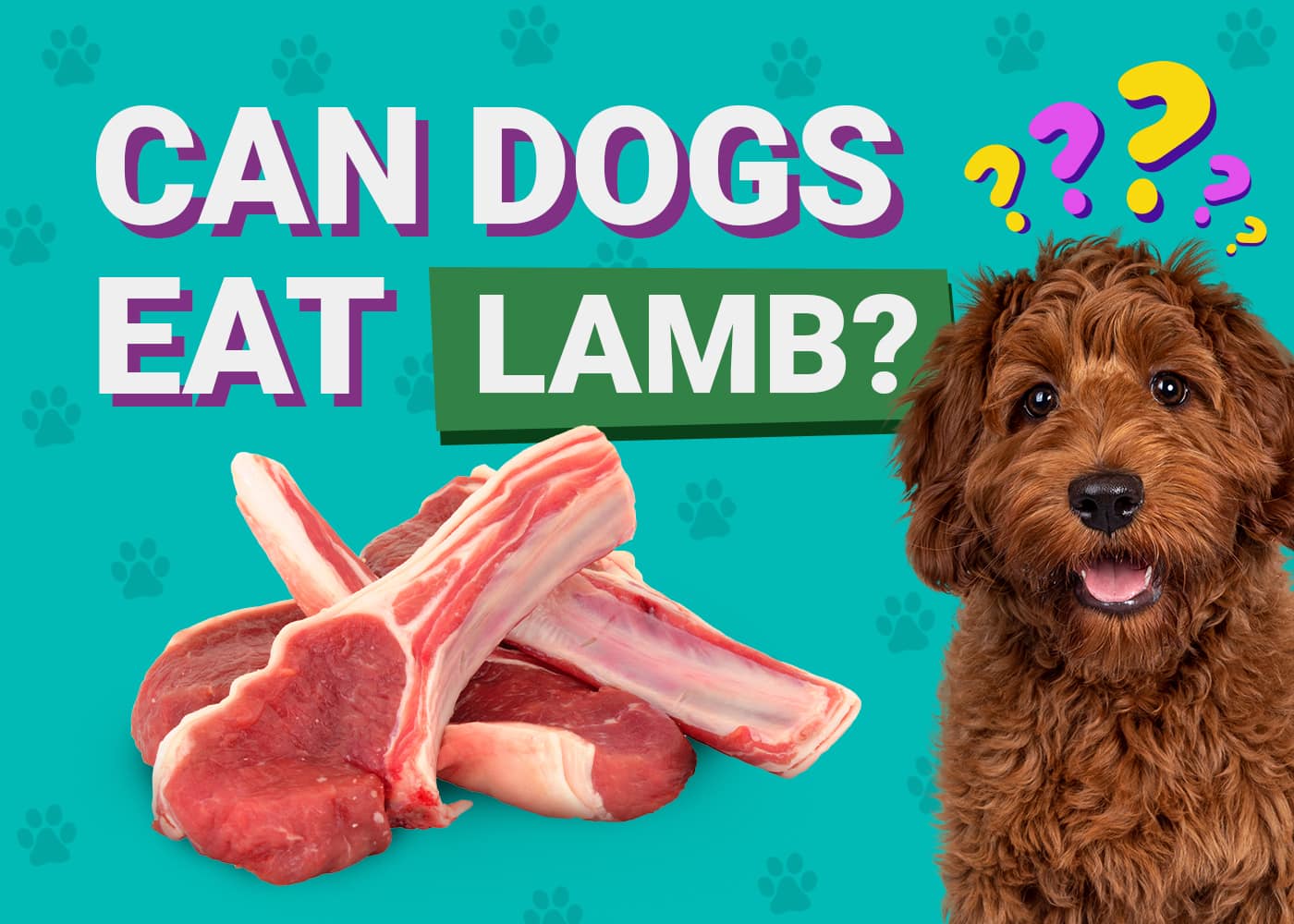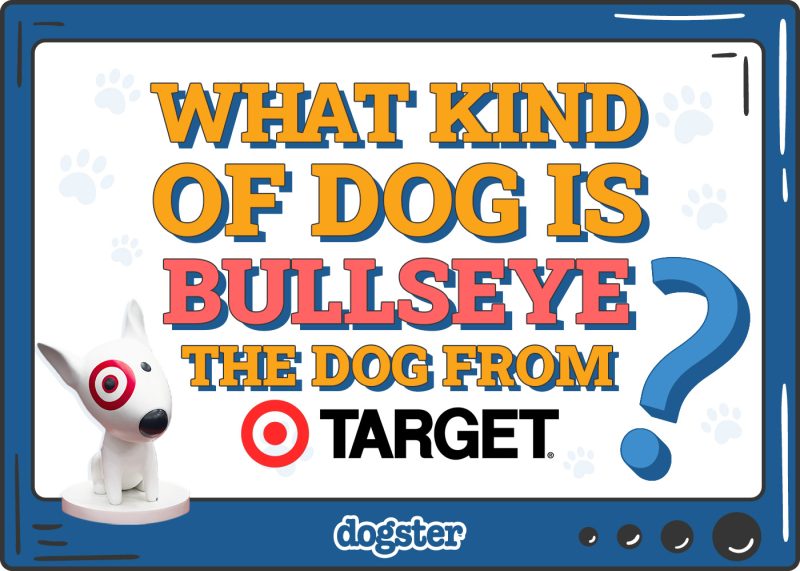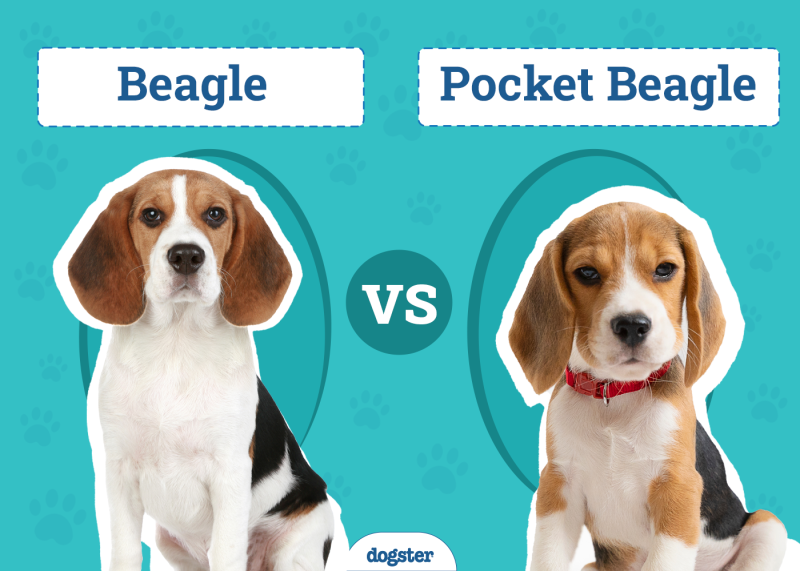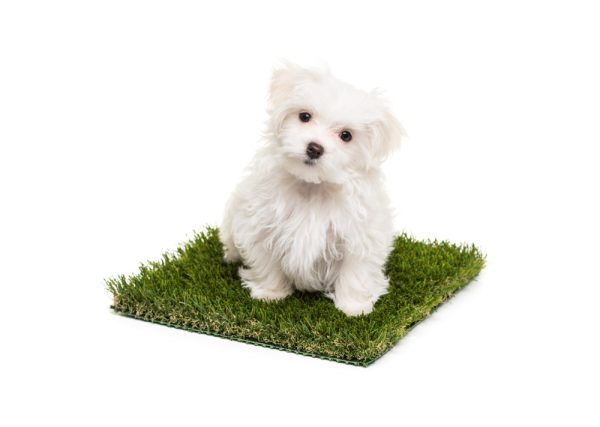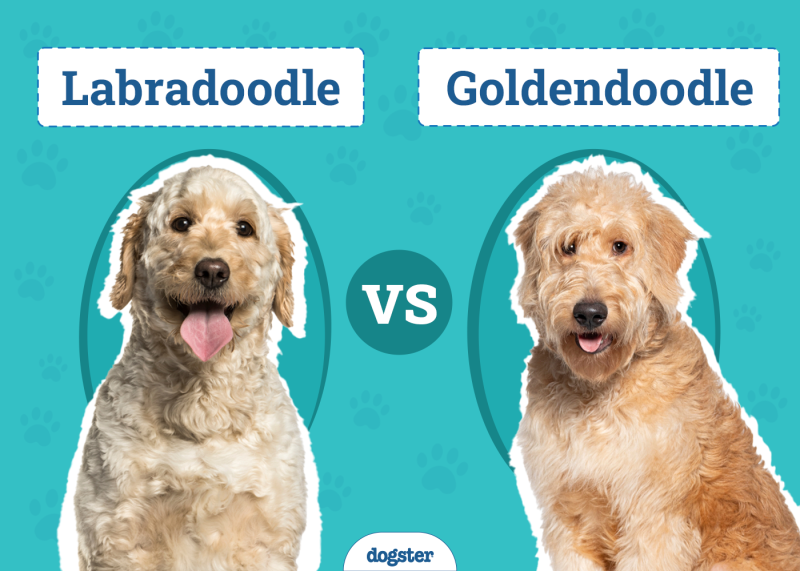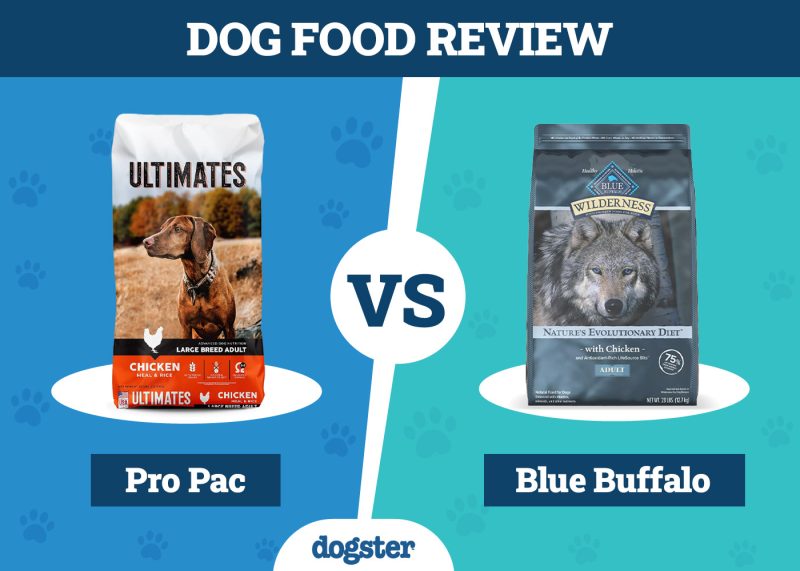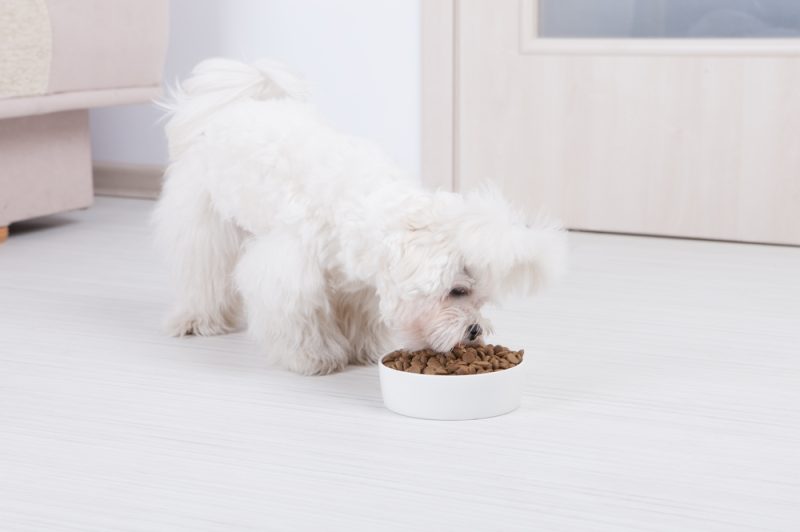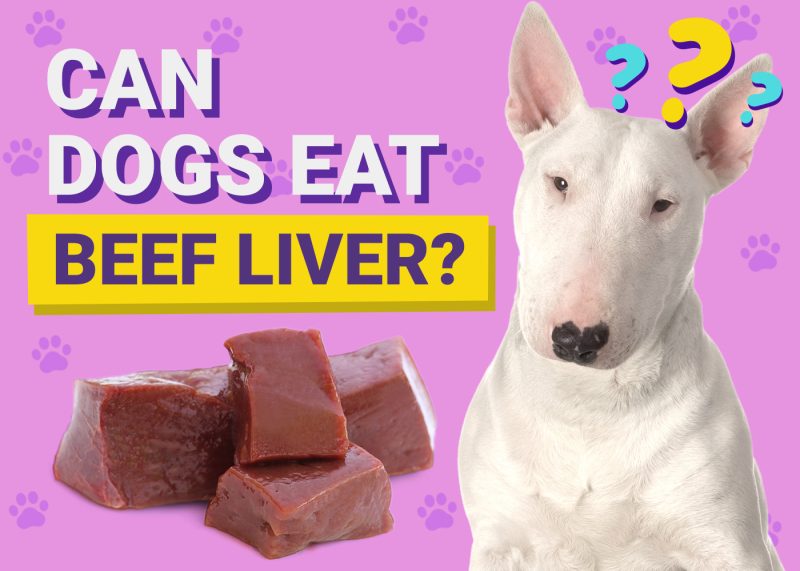You might be thinking about introducing lamb to your dog and wonder if it’s a good choice. Dogs need a high-quality protein source for the formation and maintenance of ligaments, tendons, and cartilage. Protein also assists with skin, muscle, hair, nail, and blood formation. So, you’ll be happy to know lamb is not only safe for dogs to eat, but it’s also a healthy choice. Lamb is an excellent source of amino acids and healthy fats for your dog. So, let’s look at why lamb could be on your dog’s menu.

Why Is Lamb a Good Choice?
Lamb meat is dense and is a good source of energy, essential fats, amino acids, and protein. Some pet foods contain lamb meal, which is a rendered version of meat that has a lower water content and is often higher in protein than fresh meat. Lamb is also a good option for dogs that suffer from food allergies or sensitivities caused by proteins like chicken or beef. If you’re making the switch because of an allergy, make sure you check with your veterinarian first.
If you need to speak with a vet but can't get to one, head over to PangoVet. It's our online service where you can talk to a vet online and get the advice you need for your pet — all at an affordable price!
How Can You Give Lamb to Your Dog?
Your dog can eat cooked and raw lamb, but if you serve raw lamb make sure it’s processed by a pet food company that specializes in meals for dogs. Raw lamb from the grocery store could contain bacteria that cause a foodborne illness. To avoid the risk of choking, make sure you cut the lamb into bite-sized pieces.
- A weakened immune system (includes autoimmune disorder or cancer)
- Kidney problems
- Liver problems
- Any digestive issues
- Sensitive stomach
Raw meat is harder to digest compared to cooked portions, which is why dogs with sensitive stomachs or any digestive issues should avoid it. Raw meat also carries a risk of salmonella or E. coli which can make you and your dog very ill, even if they are completely healthy.
Whole or ground lamb can be cooked for your dog or puppy to enjoy but make sure the ground lamb is sautéed without spices and oil, or it could cause an upset stomach.
You will also need to remove all bones since they can get lodged in the intestines, irritate the digestive tract, or pose a choking hazard. You should also remove the skin as it can be high in fat which will upset your dog’s digestive system. Avoid seasoning or spices because they can cause digestive issues, and some spices are toxic to dogs.
- Garlic
- Onion
- Pepper
- Salt


Can Dogs Eat Other Parts of the Lamb?
Lamb isn’t just about the muscle meat, so we’ll look at the other parts to see which ones your dog will benefit from and which you should avoid.
Bones
Cooked bones are dangerous for dogs. They can splinter and cause internal damage, they pose a choking hazard, and they can irritate or damage the digestive tract.
So, what about raw bones? You could give your dog a raw bone, but they carry different risks. Raw bones can carry bacteria and germs that can harm your dog and you. They can also cause tooth fractures resulting in tooth extraction. Ultimately, it’s safer to avoid raw or cooked bones.
Fat
You should avoid feeding your dog lamb fat, which means cutting off the skin and fat before offering it. While lamb meat is safe for dogs, lamb fat can upset your dog’s stomach and cause diarrhea, it can also trigger pancreatitis, which can end up being very severe and sometimes fatal.
Heart
The lamb’s heart is a fantastic source of protein. It is also full of taurine, which improves your dog’s brain and heart function. It also has strong antioxidant properties with powerful anti-inflammatory properties that can possibly prevent cancer.
Liver
The liver is rich in vitamins A, B2, B9, B12, iron, and copper. The cocktail of vitamins maintains your dog’s overall health and eyes, boosts brain function, keeps cells healthy, and forms DNA and red blood cells. Iron prevents anemia and works with copper to produce hemoglobin. It’s essential, however, not to feed your dog too much liver because it can cause vitamin A toxicity.
Kidney
Like other organ meat from lambs, the kidney is packed full of nutrients. Much like the liver, the kidney is rich in vitamins A and B and iron.

Final Thoughts
Not only can your dog enjoy lamb, but it can also be used as a tasty treat. Lamb is a dense, high-protein meat packed with essential vitamins and minerals, and most canines love the flavor! Remember, if you are considering a diet change for your dog due to health concerns, run it by your veterinarian first.
See Also:
